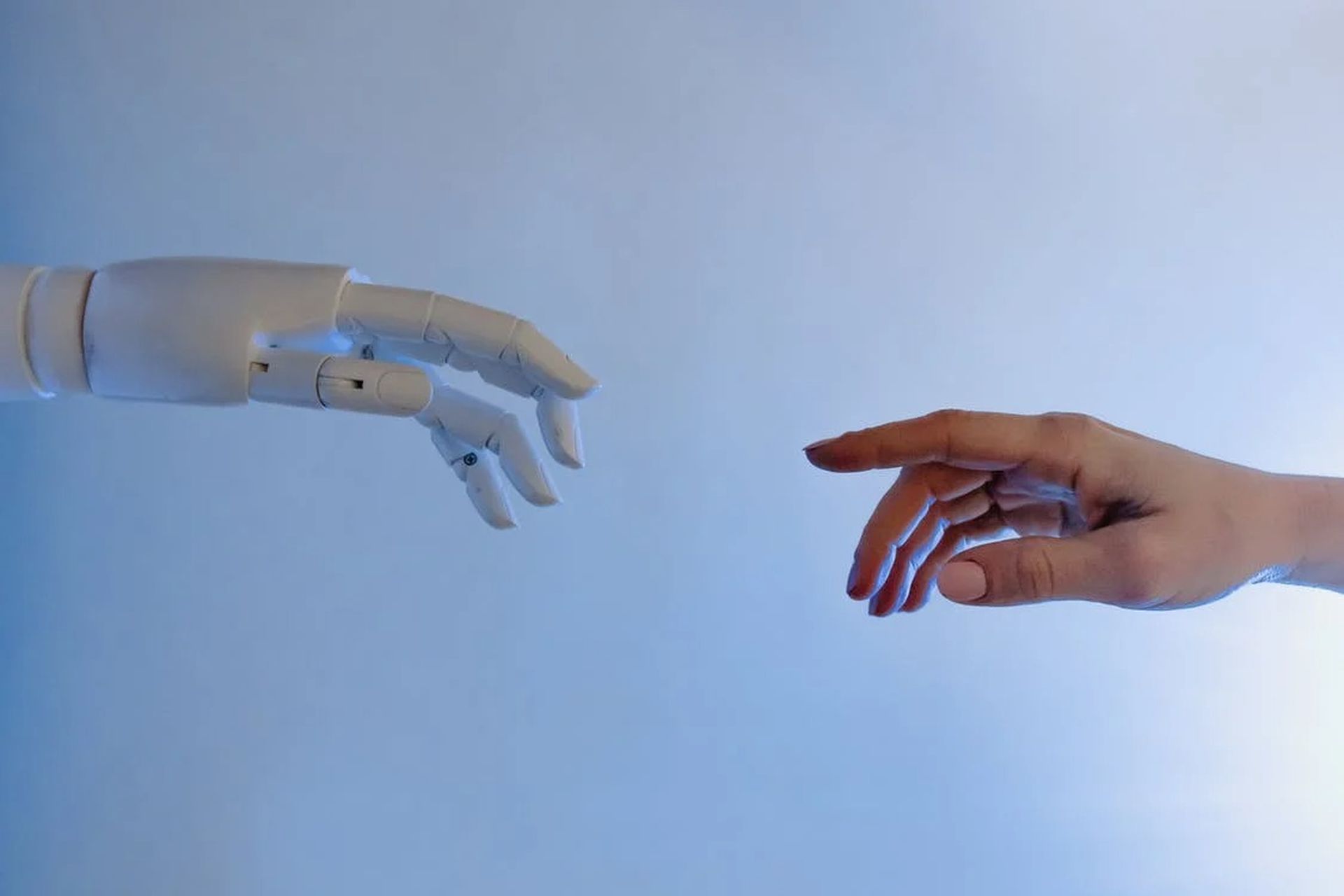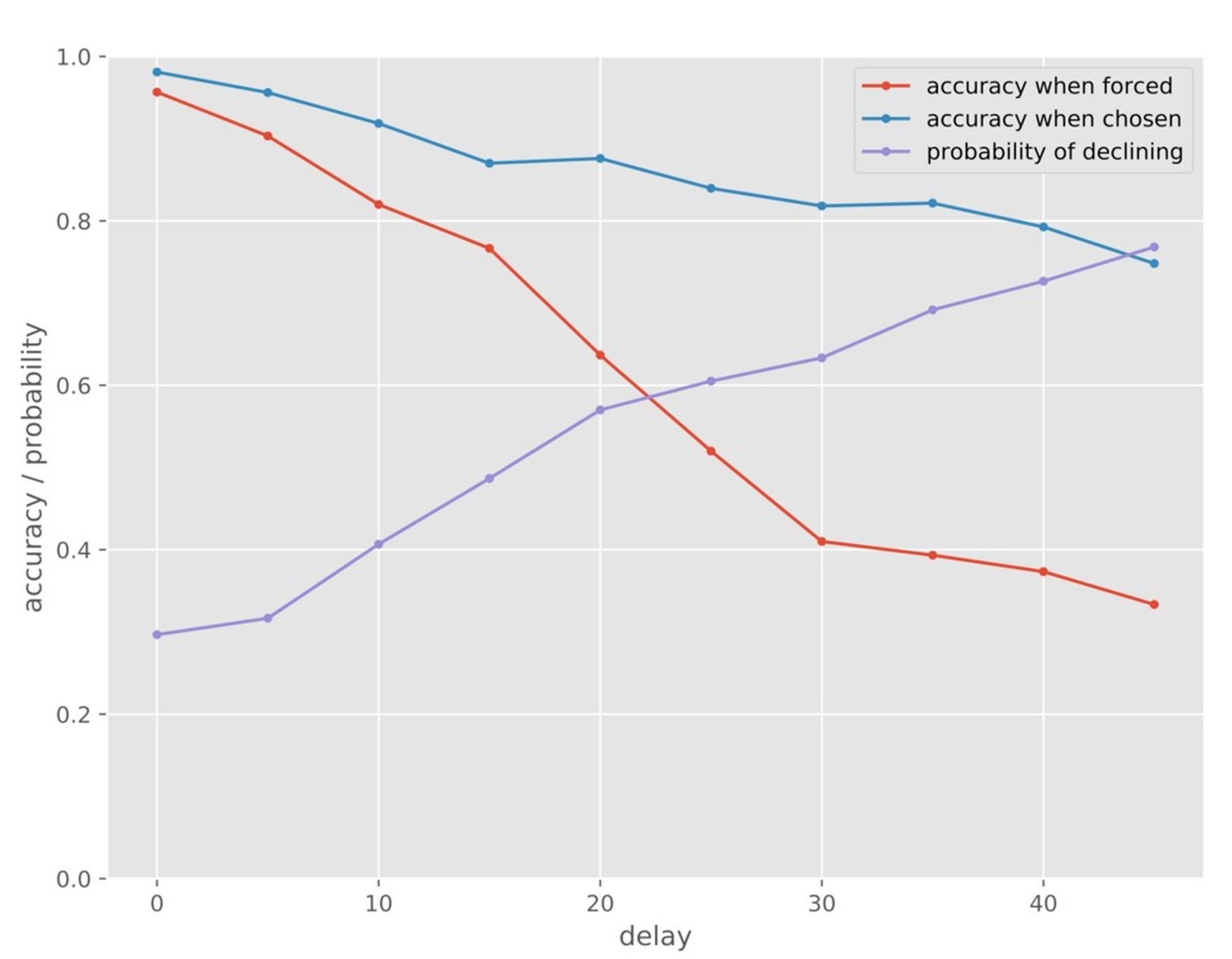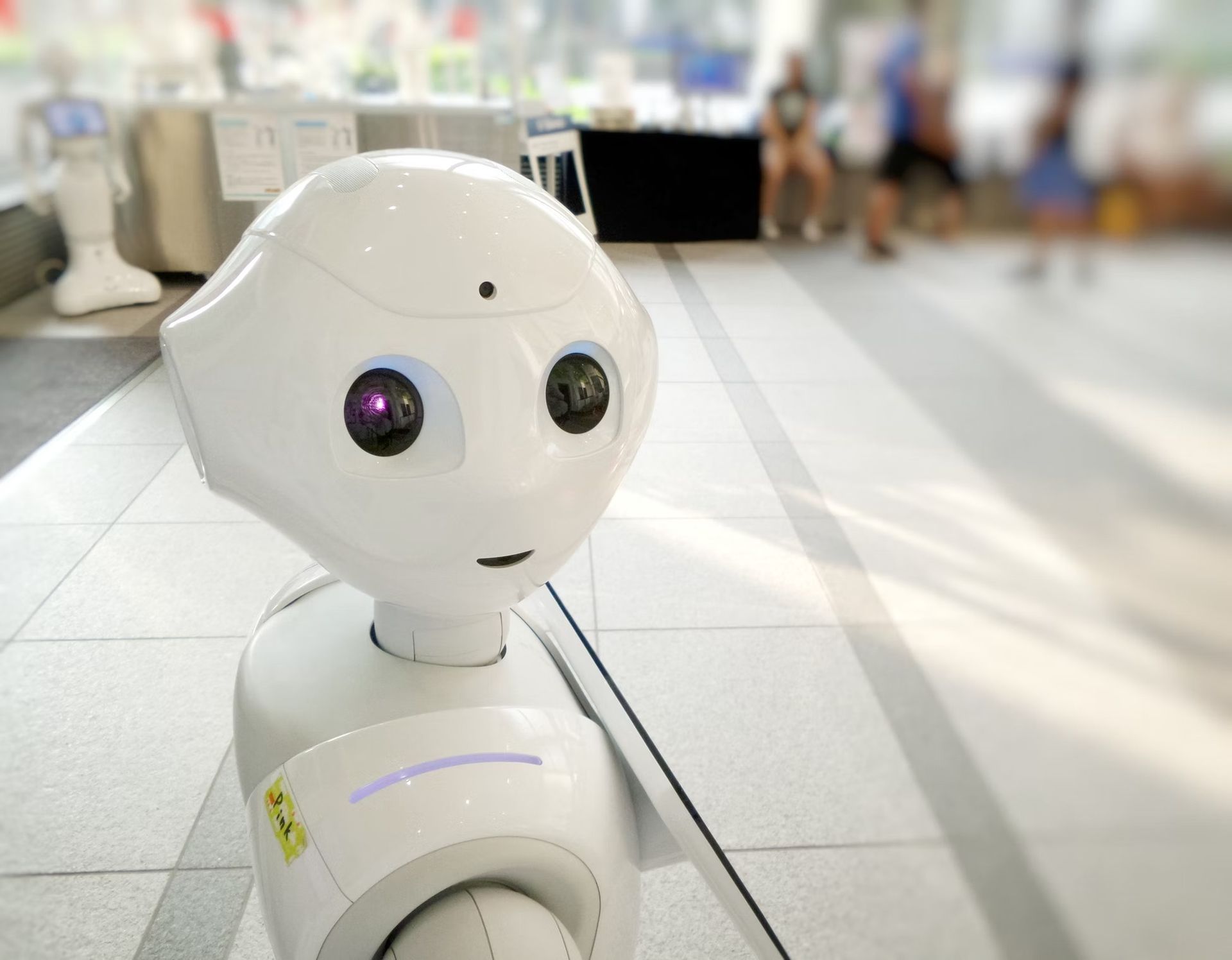A computer-based evolution strategy employed by a research group from Nagoya University’s Graduate School of Informatics has made a considerable step toward creating a human-like AI with metamemory skills.
Human-like AI can be provided with metamemory skills
In recent years, significant progress has been made in developing artificial intelligence technology based on neural networks that emulate brain pathways. One objective of this discipline is to determine how metamemory develops and use it to develop a human-like AI.

Metamemory is the process by which we ask ourselves whether we recall what we ate for supper yesterday and then use that memory to determine whether or not it’s worth changing our dinner plans. While this may appear to be a simple question, answering it requires a sophisticated procedure. Metamemory is essential because it entails individuals understanding their memory capabilities and adjusting their conduct as needed.
“In order to elucidate the evolutionary basis of the human mind and consciousness, it is important to understand metamemory. A truly human-like AI, which can be interacted with and enjoyed like a family member in a person’s home, is an artificial intelligence that has a certain amount of metamemory, as it has the ability to remember things that it once heard or learned,” explained Professor Takaya Arita, the lead author of the study.
How is it possible though?
The ‘delayed matching-to-sample task’ is a common metamemory study method. In humans, this entails seeing an item, such as a red circle, remembering it, and then taking part in a test to select the thing they had previously seen from multiple similar objects. Correct answers are rewarded, whereas incorrect responses are penalized. The participant can nevertheless choose not to do the experiment and still earn a smaller reward.
Because the effects of metamemory are constantly in play, an individual performing this task would naturally question whether they remembered seeing the object. If they remember it, they’ll take the test for the bigger reward; if not, they’ll risk no penalty and get the smaller one instead. Monkeys have previously been shown to be able to complete this activity. We are coming to a point where AI algorithms replace human beings in certain tasks. What if we compare Artificial Intelligence vs. Human Intelligence, can a game-changing technology play the game?

An artificial neural network model created by Professor Takaya Arita, Yusuke Yamato, and Reiji Suzuki of the Graduate School of Informatics at Nagoya University was tested to see how it performed on the delayed matching-to-sample challenge.
The algorithm evolved from random neural networks that didn’t even have a memory function, reaching the point that it performed similarly to the monkeys in prior research. The network may observe its past experiences and store them, as well as separate outputs. Without any help or intervention from the researchers, this AI could complete the task, showing that it had metamemory abilities.
“The need for metamemory depends on the user’s environment. Therefore, it is important for artificial intelligence to have a metamemory that adapts to its environment by learning and evolving. The key point is that the artificial intelligence learns and evolves to create a metamemory that adapts to its environment,” explained Professor Arita.

Creating a learning intelligence that can deal with memory is a significant step toward producing machines with memories comparable to ours. The group is optimistic about future works:
“This achievement is expected to provide clues to the realization of artificial intelligence with a ‘human-like mind’ and even consciousness.”
The study, “Evolution of metamemory based on self-reference to own memory in artificial neural network with neuromodulation,” was published in the online edition of the international scientific journal Scientific Reports on April 26, 2022.
If you are curious about AI, check out the fantastic precursors of Artificial Intelligence.






